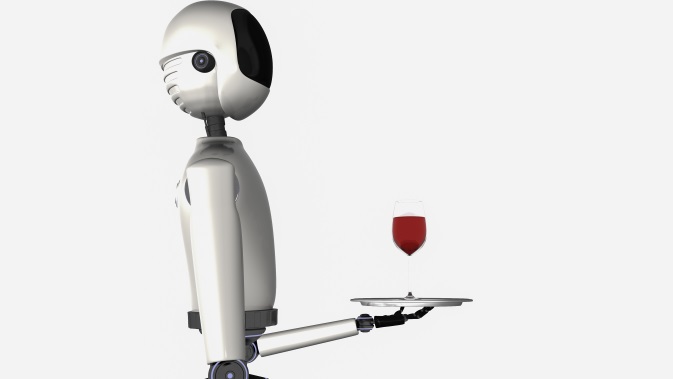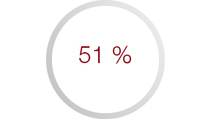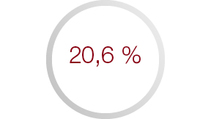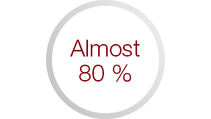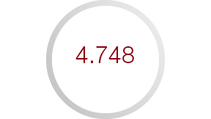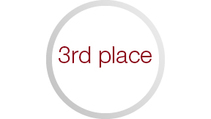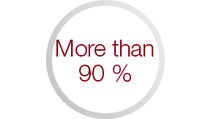Analogue vs. Digital
How hotels (can) meet modern demands
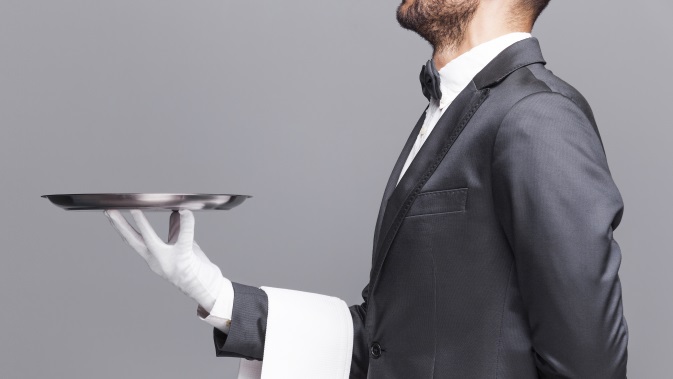
“How many times have you not been able to open the door to your hotel room with your key card? And how often has that happened to you with a conventional key?” This is how keynote speaker Ole Kloth (Director of Development at Soulmade Hotels) opened his speech at a specialist symposium on the subject of “Digitalisation in the hotel industry” in September 2017. The result of this ad hoc survey was clear: with the traditional key, virtually no one had ever encountered problems, whereas many hotel guests had returned to reception with their key card because they simply could not open the door …
Nevertheless, the idea that digital applications can revolutionise – and are revolutionising – the entire hotel stay for guests is one of the major issues in the sector. At the same time, we are seeing a trend towards the digital detox – the offline hotel stay. After all, the very things which some people capitalise on as achievements of modern technology stress other people out – on holiday, at least. During this time, some people do not want to be reachable; they would rather look at nature than a screen – and relax without any electrosmog. On the other hand, there are holidaymakers who check in using hotel apps, are assisted in their rooms by the cloud-based Alexa Voice Service and expect WiFi in all areas of the hotel as a matter of course.
